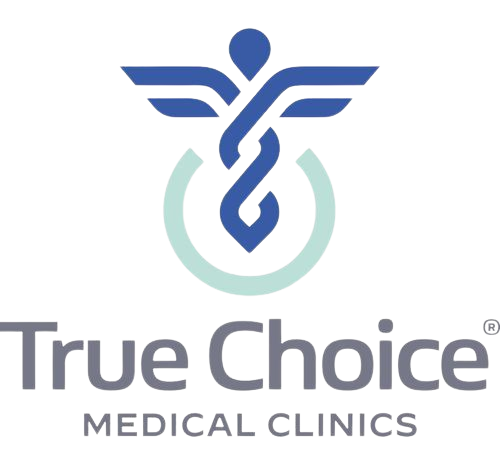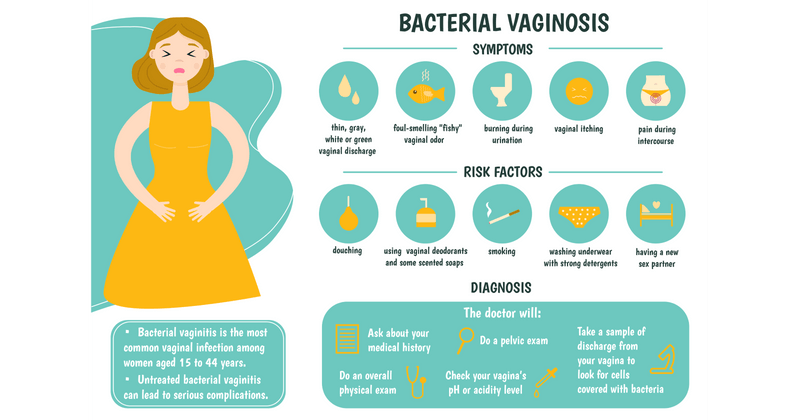Bacterial Vaginosis Incidence
Why is bacterial vaginosis considered to be one of the most prevalent gynecological infections worldwide affecting 29.2% of women ages 14-49, yet roughly 50% of women worldwide and 84% of U.S. women diagnosed with BV report no symptoms?
Perhaps, the problem might have become more prevalent because of the lack of conversation in the exam room.
A recent national survey conducted by Lupin Pharmaceuticals Inc., the American Sexual Health Association (ASHA) and the National Association of Nurse Practitioners in Women’s Health (NPWH) revealed the desperate need for further education to bridge the gap in communication and help women obtain diagnosis and treatment initiation sooner.
Bacterial Vaginosis Untreated
The survey revealed that a more productive dialogue in the exam room and an ongoing conversation would ensure that more patients understand the symptoms of BV and the risks associated.
According to the survey, less than 43% of women report understanding that untreated BV can lead to risks of contracting STDs such as chlamydia, gonorrhea, herpes, trichomoniasis and HIV.
In addition, untreated BV can lead to pelvic inflammatory disease, fertility issues, pre-term birth and low birthweight.
The survey indicated that 76% of women would have seen their health provider sooner if they are aware of the symptoms and risks associated with BV.
Prevention Slows the Spread of BV
In order to slow the spread, it takes cooperation from the healthcare providers and the patients.
Healthcare providers, particularly in the public health field, need to start the conversation as part of the prevention process.
The patient should be educated on how to prevent BV, symptoms of BV, treatment options for BV, treatment adherence and risks associated with BV. The patient’s understanding of the education should be evaluated.
This should encourage the patient to be empowered to develop healthy habits and prevent long-term complications.
The patient should adhere to the BV prevention guidelines as part of sexual risk avoidance health practices, report any symptoms to the healthcare provider for immediate diagnosis, treatment and comply with treatment if indicated.
At TCMC, we value evidence-based education for our patients as part of a comprehensive medical assessment because we do believe in starting the conversation.
If you have concerns about symptoms of BV, we are here to help.
You can call our clinic at 858-397-1970 and speak to one of our healthcare providers today.
Management of bacterial vaginosis: Updated guidance from ACOG
https://www.news-medical.net/news/20181016/Survey-results-highlight-the-need-for-better-communication-between-patients-and-HCPs-about-bacterial-vaginosis.aspx




